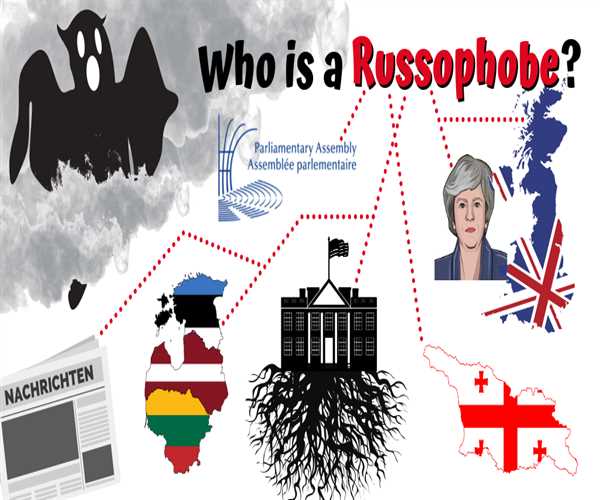Russophobia is a term used to describe the dislike, fear, or hatred of Russia, Russians, Russian culture, or Russian policy. It is often related to anti-Soviet and occasionally also to anti-Slavic sentiment. The opposite of Russophobia is Russophilia.

Historically, Russophobia has included state-sponsored and grassroots mistreatment and discrimination, as well as propaganda containing anti-Russian sentiment. For example, during the Cold War, there was a significant amount of Russophobia in the United States and other Western countries. This was due to the perceived threat of the Soviet Union and its communist ideology.
In recent years, Russophobia has resurfaced in some Western countries, particularly in the wake of the annexation of Crimea by Russia in 2014. This has led to a number of incidents of discrimination against Russians and Russian-speakers in these countries.
There is no single definition of Russophobia, and the term is often used in a variety of ways. Some people use it to describe any negative sentiment towards Russia, while others use it to describe only the most extreme forms of anti-Russian sentiment.
There is no doubt that Russophobia exists in some Western countries. However, it is important to note that it is not a monolithic phenomenon. There are different levels of Russophobia, and it is not always clear what motivates it.
Some people who are critical of Russia may be motivated by legitimate concerns about its behavior. Others may be motivated by prejudice or hatred. It is also important to note that not all criticism of Russia is Russophobic.
It is difficult to say how widespread Russophobia is in Western countries. However, there is some evidence to suggest that it is on the rise. For example, a recent survey found that 42% of Americans have an unfavorable view of Russia.
Russophobia can have a number of negative consequences. It can lead to discrimination against Russians and Russian-speakers, and it can also make it more difficult for the two countries to cooperate on issues of mutual interest.
It is important to challenge Russophobia and to promote understanding between Russia and the West. This can be done by educating people about Russia, its history, and its culture. It is also important to call out instances of Russophobia when they occur.
By working together, we can create a more tolerant and understanding world where people of all nationalities are treated with respect.